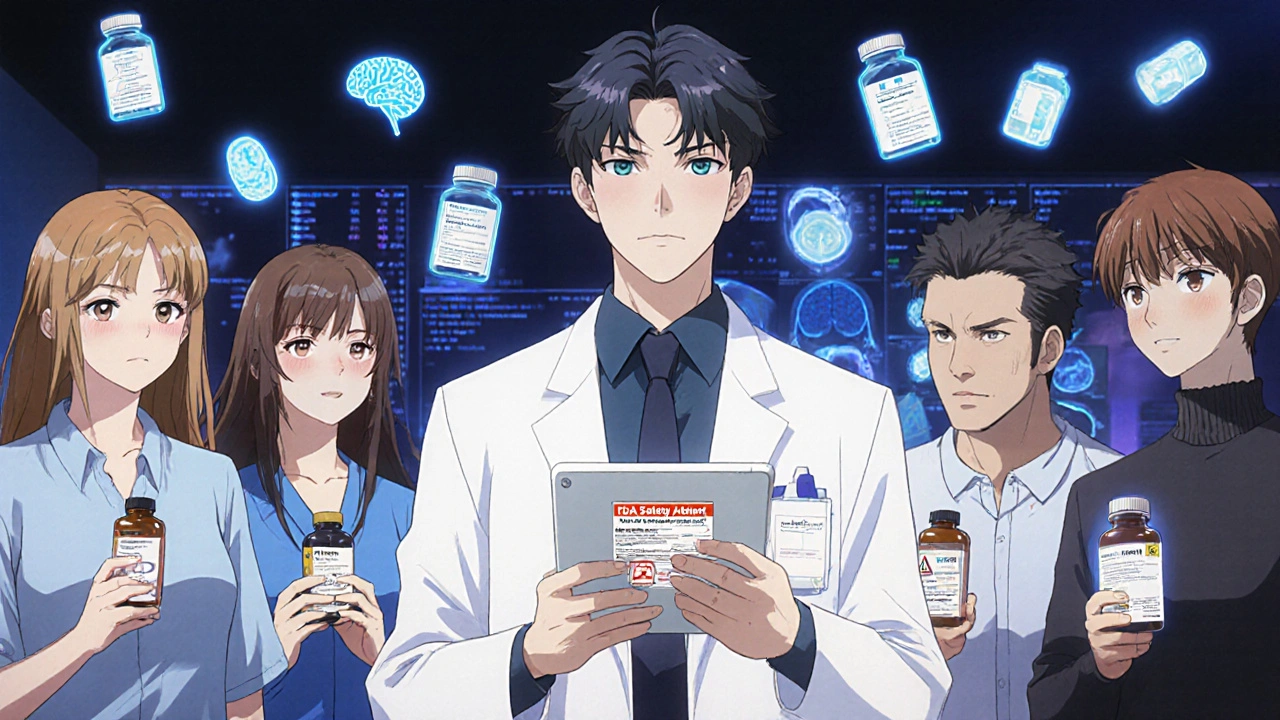Medication Recalls: What You Need to Know About Unsafe Drugs and How to Stay Safe
When a medication recall, a formal withdrawal of a drug from the market due to safety risks. Also known as a drug recall, it’s a critical safety step taken by the FDA or manufacturers to protect patients from harm. These aren’t rare events—they happen dozens of times a year, and many affect common prescriptions you might be taking right now. A pill might be recalled because it contains a foreign particle, has wrong labeling, or worse, contains a dangerous impurity that could cause cancer or heart damage. You don’t need to be a pharmacist to understand what this means for you.
Most recalls start because someone noticed something wrong—a pharmacist spotted a mislabeled bottle, a patient had an unexpected reaction, or lab tests found contamination. The FDA, the U.S. agency responsible for overseeing drug safety and approving medications doesn’t wait for hundreds of injuries to happen before acting. They move fast when the risk is real. But here’s the catch: not all recalls are made public in a way that reaches patients directly. Many people only find out when their pharmacy calls, or worse, when they get sick. That’s why knowing how to check for recalls on your own matters. You can look up your medication by name on the FDA’s website, sign up for recall alerts, or even ask your pharmacist to confirm it’s safe. It’s not paranoia—it’s basic health hygiene.
Some recalls involve generic medications, lower-cost versions of brand-name drugs that must meet the same safety standards, and these can be especially tricky. Because generics are made by multiple manufacturers, a problem in one factory can affect thousands of people across different brands. You might think you’re safe because you’re on a cheap version, but that’s exactly when you need to double-check. A recalled batch of metformin or losartan once affected millions. If you take any daily pill, especially for blood pressure, diabetes, or heart conditions, you’re at higher risk if something goes wrong.
It’s not just about the drug itself. Packaging matters too. A bottle that doesn’t have the right child-resistant cap, or a blister pack with pills that stick together from moisture, can be just as dangerous as a contaminated tablet. That’s why storage tips from posts like How to Prevent Moisture Damage to Pills and Capsules aren’t just helpful—they’re part of safety. And if you’re managing multiple medications, like in Combining Multiple Heart Medications or De Facto Combinations, a recall on one drug can throw off your whole routine. Missing a dose, switching brands without checking, or taking a recalled batch by accident can lead to serious health setbacks.
What you’ll find below isn’t a list of every recall ever issued. It’s a collection of real, practical guides that help you understand how recalls happen, what they mean for your daily life, and how to avoid being caught off guard. From knowing which drugs are most often pulled, to learning how to spot a fake pharmacy that might sell you a recalled drug, these posts give you tools—not just warnings. You don’t need to fear medication. But you do need to be informed. Let’s get you covered.
Recent Drug Safety Communications and Medication Recalls: What You Need to Know in 2025
Recent FDA drug safety alerts in 2025 include new opioid risk data, MRI requirements for Alzheimer's drugs, and warnings on ADHD and allergy meds. Know what's changed and what to do next.

